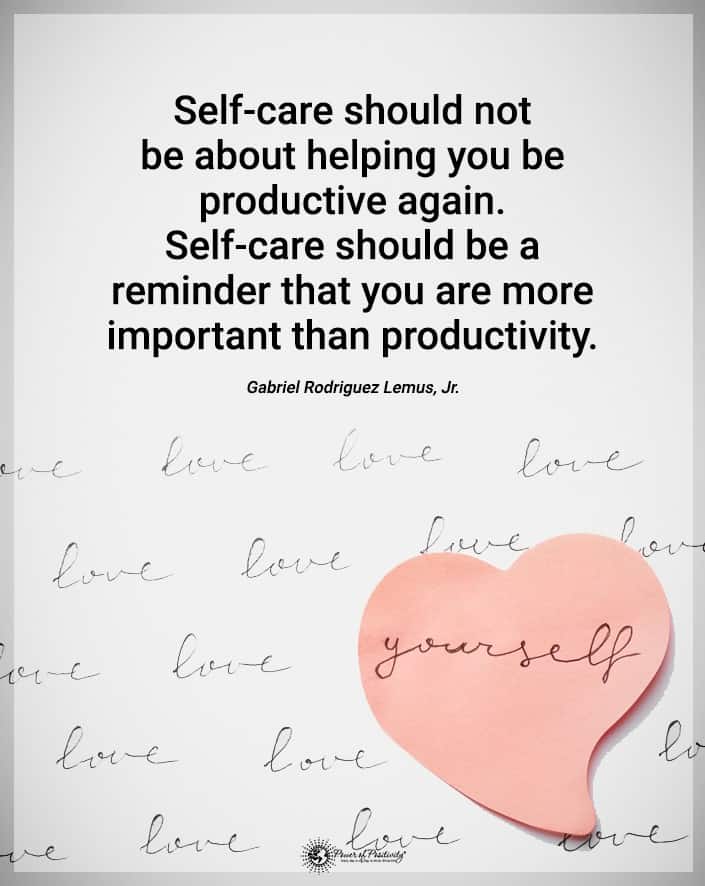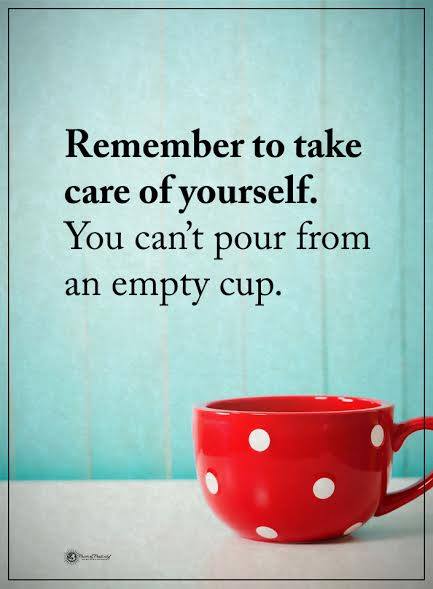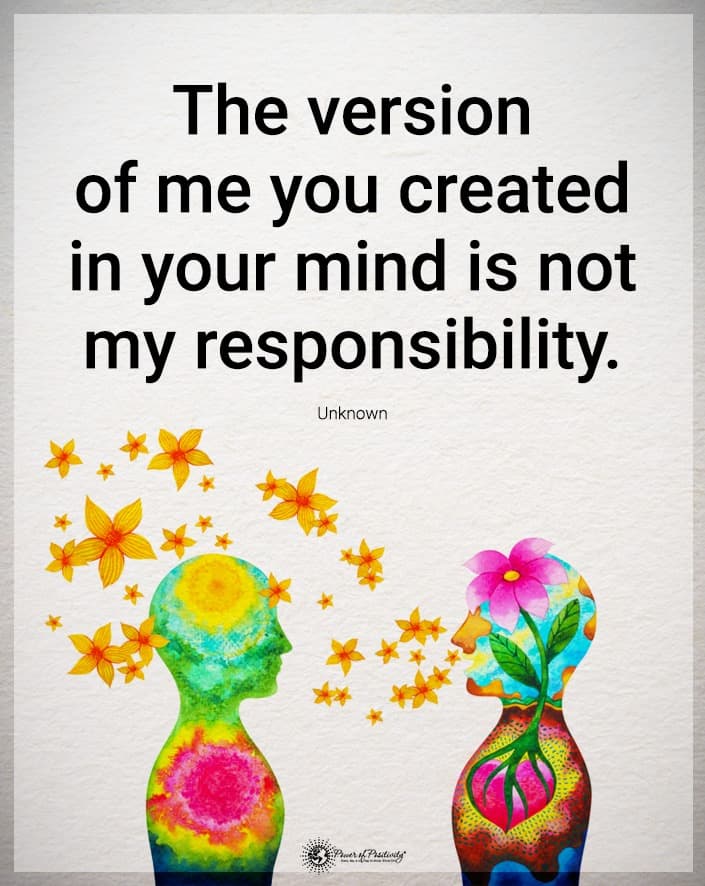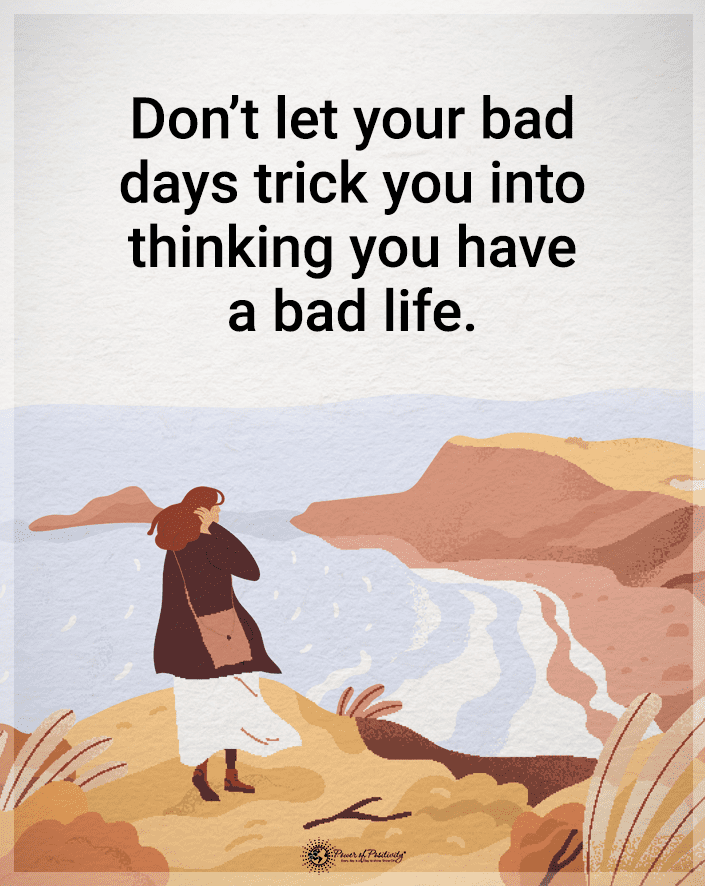From the time we walk into our first class, we’re thrust into an environment that about 25 percent of us detest. We’re thrust into groups, teams, socializing, and small talk. For one of every four living souls who prefer alone time, this is the environment we’re forced to contend with for the remainder of our days.
It doesn’t take a Ph.D. in sociology to observe the inherent social bias against loners, i.e., the introverts, or better known as the “withdrawn,” “timid,” and “coy.” In essence, we’re bashed for having different neurochemistry. Others might even unfairly label us for our preference for alone time. So unfair!
“Self-reliant, each loner swims alone through a social world – a world of teams, troops, and groups – that scorns and misunderstands those who stand apart.” – Anneli Rufus
An Illustration of a Personality Who Likes Alone Time
Here’s a fictitious account of someone who thrives on alone time:
In a bustling city where the streets were always brimming with activity, Jordan found solace in the quiet corners. Unlike most, she felt an unparalleled comfort in solitude, a sensation many failed to understand. It wasn’t that Jordan didn’t enjoy the company of others; she had a small group of close friends and a loving family. However, she often found that the most genuine conversations she had were with herself, in the silent embrace of her thoughts.
Every weekend, while her peers would flock to cafes and theaters, Jordan would embark on solitary adventures. She’d hike up the hidden trails, read books by the lakeside, or sit in a quiet park watching the world go by, with only her thoughts for company. These moments, where she could hear the whispers of the wind, the rustle of the leaves, and the symphony of her heartbeat, were when Jordan felt most alive. It was in these moments of solitude that she unearthed insights about herself and the world around her, insights that often eluded her in the noise of social gatherings.
People often misunderstood her preference for solitude. “Aren’t you lonely?” they’d ask, assuming that solitude equated to loneliness. But Jordan would smile gently, trying to explain that there’s a profound difference between being alone and feeling lonely. For her, solitude was a choice, a cherished one, where she could connect with her innermost feelings, dreams, and fears uninterrupted.
Over the years, Jordan’s understanding of herself deepened, and her love for solitude only grew. She learned that in a world that constantly demands one’s attention, it is essential to find time for oneself. While the world saw her as an enigma, those who truly knew Jordan admired her strength, clarity, and the depth of her introspection. Her unique perspective on life was a testament to the power of solitude, proving that sometimes the best company one can keep is oneself.
Do You Prefer Alone Time? Researchers Reveal What It Says About You
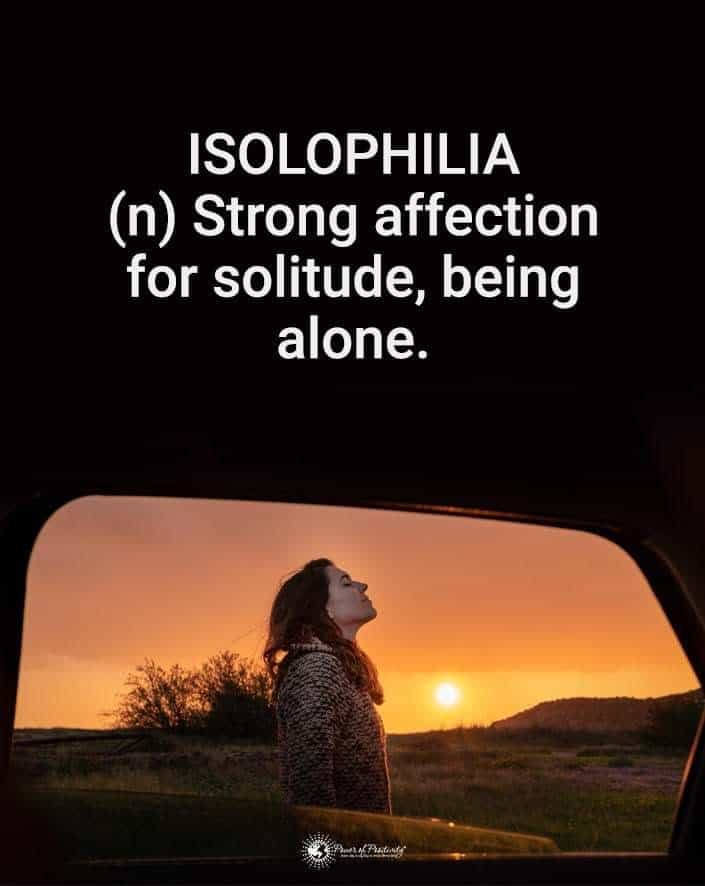
1. They do like people
Sure, there are reclusive people who pose a danger to society, like Ted Kaczynski (the “Unabomber”) and other misanthropes like him. But these people are a (rare!) exception to the rule.
Introverts (and other “loners”) like people if given enough time to understand them, and vice-versa. Our more outgoing colleagues are more gifted at making small talk, which is a necessary pre-requisite for making friends with many people. Small talk isn’t something introverts do particularly well, which is partially the reason we despise it.
We like people, we like having a small circle of friends, but we’re just as comfortable – if not more so – being alone in a quiet café somewhere.
2. They’re open-minded
It’s pretty easy to cast someone quiet or reserved as being judgmental. Most times, however, this is not the case. People who aresecure in spending time alone are not more or less closed-minded than anyone else.
3. Most of them aren’t neurotic
In personality inventories such as the “Big Five” personality assessment, the word neurotic is associated with “(moodiness) and such feelings as anxiety, worry, fear, anger, frustration, envy, jealousy, guilt, depressed mood, and loneliness.”
Sophia Dembling, in an article published in Psychology Today, compares the introvert perspective and the neurotic perspective using social situations. Here are a couple of examples:
(a) Standing in a line waiting to get into a party.
Neurotic: “I’m pretty sure 87 percent of the people here are going to hate me.”
Introvert: “Can I go home now?”
(b) An attractive stranger across the room appears to be looking your way.
Neurotic: “Is my zipper open?”
Introvert: “Let’s see what happens if I make eye contact.”
(Pretty much correct.)
4. They’re great listeners
That’s right, some people who cherish their alone time also have some pretty good listening chops.
Nancy Ancowitz, author of Self Promotion for Introverts: The Quiet Guide to Getting Ahead, writes, “One lesson we can learn from introverts is that practicing and improving your listening skills helps you in so many aspects of your life. It helps you target your audience, whether you’re speaking publicly, participating in a meeting, negotiating a sale, or relating to a friend.”
Unsurprisingly, this ability comes from differences in brain chemistry: “As an introvert, your listening to talking ratio is higher,” says Ancowitz. “You tend to be processing things quietly in your head as opposed to out loud, which adds noise to the conversation.”
(Ancowitz’s findings are quite accurate. The only thing I’d add is “except in situations that involve small talk.” In this scenario, exasperated loners won’t actively pay attention, much less listen.)

5. They’re easily over-stimulated
So here’s that neurochemistry thing at work again. People who enjoy solitude have a default brain pathway that’s very different from those who crave the social scene.
Dopamine is a brain chemical that provides motivation to, among other things, seek external rewards, climb the social ladder, attract a mate, or get promoted at work.
The dopamine-reward network is “more active in the brains of extroverts than in the brains of introverts,” says Scott Barry Kaufman, Scientific Director of The Imagination Institute. An influx of dopamine is a rush for some people and a hindrance for others.
For the homebody personalities among us. Indeed, we prefer the neurochemical acetylcholine. Acetylcholine, like dopamine, links to the reward. The difference is that the former chemical activates when certain people “turn inward.”
As one self-described introvert explains: “For my extroverted friends, the noise and the crowd at the concert were simply all part of the fun. Yet, for me, as the night wore on, the hubbub became annoying and tiring, – even punishing as I became overstimulated.”
I’ve had a lot of fun at concerts (The Beastie Boys were awesome.) But I can also empathize with the need to escape the noise, which may be the larger issue.)



